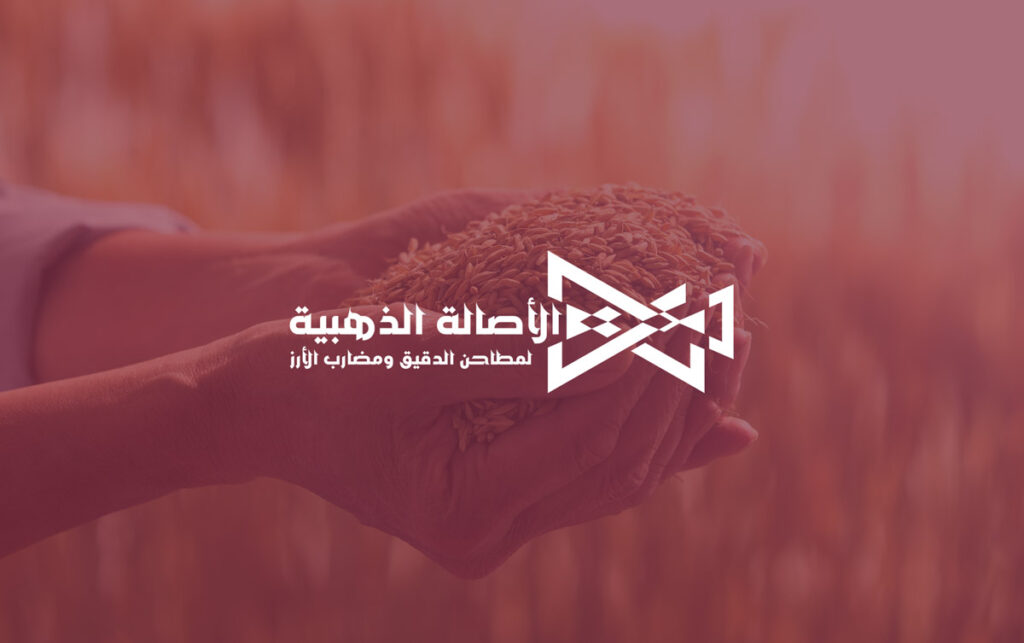“Food security exists when all people, at all times, have physical and economic access to sufficient, safe and nutritious food that meets their dietary needs and food preferences for an active and, healthy life“
This was the final conclusion of the report of the World Food Summit in 1996 as a definition of the concept of (food security).
Proceeding from our belief in this deep concept, Al-Asala Al-Dhahabiya Company started its great industrial journey in 2016, hoping to achieve what the Libyan citizens aspires to in terms of providing their needs and ensuring their food security. The four main pillars of food security are: availability, access, use, and stability.
Our Libyan state has gone through many ordeals and difficulties in different eras, causing great instability, whether political or economical for the country. This undoubtedly affected negatively and significantly on the simple Libyan citizen and their ability to provide basic commodities for their families. The most important of these commodities, as we know, are products derived from wheat, barley and rice.

Hence our role in Al-Asala Al-Dhahabiya Company, where we initially imported the finest types of wheat, barley, and rice, and preserved and stored them in large silos sufficient to store thousands of tons of these grains for many months. We were able to provide about 30% of the volume of demand for flour and rice in the Libyan local market and in a short period of time if we take into consideration the short history of this young company.
Al-Asala Al-Dhahabiya Company was also able to form strong and sustainable partnerships with major private companies and major manufacturers from the same field inside Libya, providing them with more than 40% of the volume of their raw materials needs of wheat and barley.
The company is striving in the near future to launch sustainable agreements and partnerships with Libyan government agencies in the field of industry, agriculture and trade, and with other international, regional and global parties, in order to form and create a large economic base to complete its journey towards “providing food security for the Libyan citizen”.







